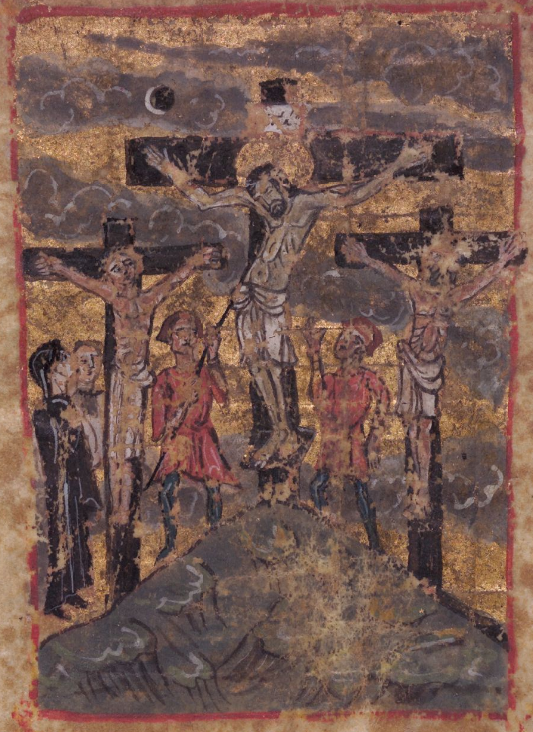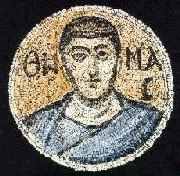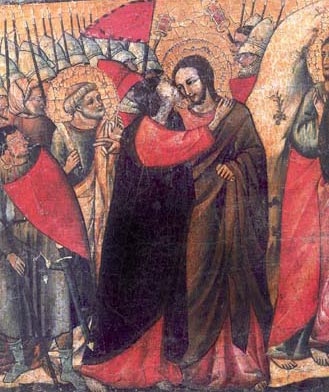What Did the Apostles Believe
about the Crucifixion, the Resurrection, and Atonement for Sin?
|
"The Son of Man is to be betrayed into human hands, and they will kill him, and three days after being killed, he will rise again." (Mk 19:31)
"Since all have sinned and fall short of the glory of God; they are now justified by his grace as a gift, through the redemption that is in Christ Jesus, whom God put forward as a sacrifice of atonement by his blood...." (Paul, letter to the Romans, 3:23-25)
"For I handed on to you as of first importance what I in turn had received, that Christ died for our sins in accordance with the scriptures, and that he was buried, and that he was raised on the third day in accordance with the scriptures, and that he appeared to Cephas, then to the twelve." (Paul, first letter to the Corinthians, 15:3-5) |
 |
"Jesus said, "If your leaders say to you, 'Look, the (Father's) kingdom is in the sky,' then the birds of the sky will precede you. If they say to you, 'It is in the sea,' then the fish will precede you. Rather, the kingdom is within you and it is outside you." (G. Thomas 3)
"The Savior said, All nature, all formations, all creatures exist in and with one another, and they will be resolved again into their own roots.... He who has ears to hear, let him hear." Peter said to him, "Since you have explained everything to us, tell us this also: What is the sin of the world?" The Savior said "There is no sin, but it is you who make sin when you do the things that are like the nature of adultery, which is called sin. That is why the Good came into your midst, to the essence of every nature in order to restore it to its root.... He who has a mind to understand, let him understand." (G. Mary, chs. 2-3)
"Judas said to Jesus, "Does the human spirit die ?" Jesus said, "That is why God ordered Michael to give the spirits of people to them as a loan, so that they might offer service, but the Great One ordered Gabriel to grant spirits to the great generation with no ruler over it -- that is, the spirit and the soul."(G. Judas, 53,22-24) |
Sunday Evening Discussions with Supper, March 15, 22 and 29, 2009, 5:30-8:00 p.m.

